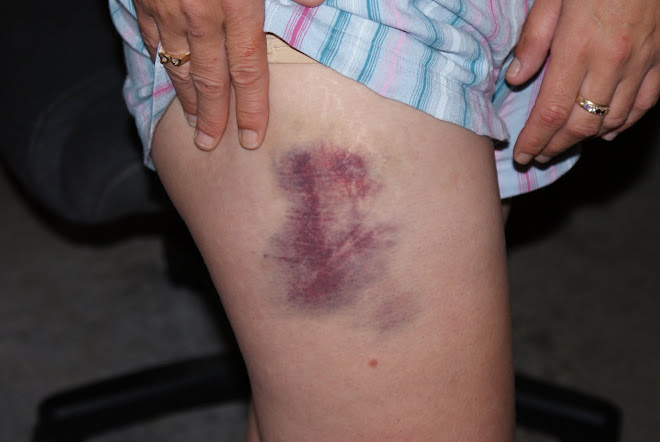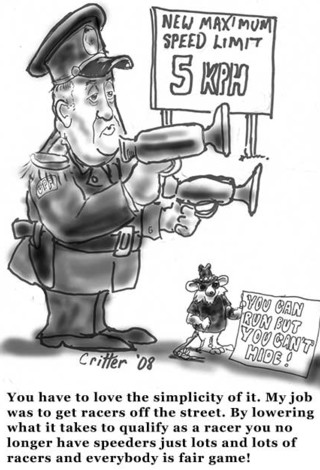Source: The Spec
June 28, 2010
TORONTO — There was lots of second-guessing of police actions Monday following violent G20 protests, but some of the debate focused on moves by the Ontario cabinet that critics said suspended civil liberties in Toronto and kept the new law secret.
Opposition parties and civil libertarians were outraged the Liberal cabinet gave police extra powers to question, search and detain people near the G20 fences, and then failed to inform the public until it was too late to mount a court challenge.
“The secret law was inappropriate (and) the use of mass arrests as a tool to eradicate or find 50 to 100 looters is not appropriate,” said Nathalie Des Rosiers of the Canadian Civil Liberties Association.
“It’s unconstitutional.”
Ontario Premier Dalton McGuinty has so far refused to explain why his cabinet felt it had to pass the law in secret and keep it secret.
The decision to update the 70-year-old Public Works Protection Act for the first time ever — extending rules that normally govern court houses to portions of downtown Toronto — was done because of a special request from police, McGuinty said last week.
However, the premier still hasn’t said why the decision was taken in secret by a cabinet committee without any debate in the legislature, which was sitting at the time.
The Opposition said it understood the need for police to have resources to deal with “thugs” intent on committing violence during the G20, but also wondered why the law hadn’t been made public.
“I’d have a lot more respect for Premier McGuinty if he had the courage to let the public know that the law had changed,” said Progressive Conservative Leader Tim Hudak.
“To keep that secret in a cabinet discussion and not discuss it in the legislature, was slippery and cowardly.”
Toronto Mayor David Miller expressed his frustration on the weekend that the province had not made the new law public.
Instead, the premier’s office on Monday referred reporters to a newspaper ad with the headline: What you need to know about the G20 summit.
While the ad talks about restrictions to people who want to enter the secured summit area, it makes no mention of the special powers given to police to arrest people during the G20 week.
The government said Monday that the law was “not about police powers but about property,” and merely extended the Public Works Protection Act to specific areas within the G20 security zone.
Reports of expanded police powers to arrest and detain became public knowledge Friday — weeks after the Cabinet quietly passed the regulatory change — after a protester was arrested outside the security zone.
Throughout the weekend there were reports of police stopping people throughout downtown Toronto — often in areas nowhere near the G20 fences — demanding identification and to search bags and backpacks.
The Civil Liberties Association said the secret law played a factor when police decided to make mass arrests after cars were set on fire and windows smashed during Saturday’s G20 protests.
“I think it was one of the aspects (driving police behaviour),” said Des Rosiers.
“They got frustrated and angry when some of the looting and destruction was taking place and the message was they had to catch these 50 or so Black Bloc kids and they forgot about everything else.”
Amnesty International also expressed concerns about a “curtailment of civil liberties” and demanded the federal and Ontario governments co-operate in launching an independent review of the security measures put in place for the G8 and G20 summits.
There was lots of second-guessing of police actions Monday following the sometimes violent G20 protests on the weekend, but some of the debate focused on moves by the Ontario cabinet that critics say suspended civil liberties in Toronto and kept the new law secret.
Opposition parties and civil libertarians were outraged the Liberal cabinet gave police extra powers to question, search and detain people near the G20 fences, and then failed to inform the public until it was too late to mount a court challenge.
“The secret law was inappropriate (and) the use of mass arrests as a tool to eradicate or find 50 to 100 looters is not appropriate,” said Nathalie Des Rosiers of the Canadian Civil Liberties Association.
“It’s unconstitutional.”
Subscribe to:
Post Comments (Atom)
They had No Choice!

They wore these or I took away thier toys for 7 days!
"Damn Street Racer"pays with Brusies


















No comments:
Post a Comment